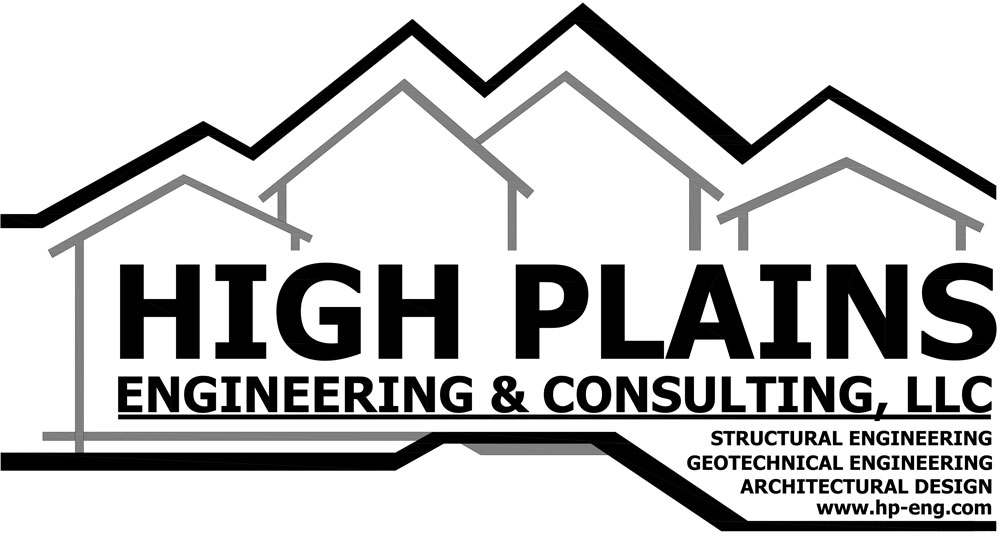What Is the Purpose of RESchecks?
When you’re building a new home, you’ll need to undergo a REScheck. These “checks” are to ensure that your home meets the International Energy Compliance Code (IECC) and U.S. Department of Energy standards. RESchecks verify that your new building has met the minimum standards for housing compliance.
Here’s an overview of what RESchecks are and what to expect from yours.
What is a REScheck?
In response to the global push toward energy conservation, the United States has implemented efficiency and conservation standards for all new construction. Your building plans have to meet the minimum standards for housing in order to be considered in compliance. On top of that, each of the 50 states have their own energy efficiency standards, which can be more (but not less) restrictive than the federal standards.
When your designer and architect come up with a building plan, they have to take into account the local climate and your energy use. Homes located in extreme climates will need more insulation to prevent heat transfer throughout the year, while houses in milder areas may not have such strict standards.
REScheck is the name of the Office of Energy Efficiency and Renewable Energy software. It’s designed to be a convenient way for designers, builders and contractors to see whether their plans are in compliance on the state and federal levels. Building officials, inspectors and plan checkers can also use the software to ensure a “low-rise” building (three or fewer stories) is in compliance.
What does a REScheck evaluate?
When you submit to a REScheck, the software will determine whether there’s sufficient insulation to account for the number of windows and the area of the building. To do this, they multiply the U-factor by the area.
The U-factor is the rate at which your doors, windows and skylights allow non-solar heat transfer. As you can imagine, uninsulated single-pane windows and thin wooden doors are more likely to allow more heat to escape in the winter, and enter the home in the summer. Your REScheck will be affected by the type of windows and doors you choose, and their manufacturers. Certain brands and styles will naturally have a lower U-factor. The type of wall construction and whether you have a heated or unheated basement will also affect your U-factor.
To pass a REScheck, your building’s heat loss (as calculated by U-factor times area, or UA) can’t exceed the federal or state standards. If your home’s UA number is lower than the standard, the software will generate a report stating that the building is in compliance.
If your home doesn’t pass a REScheck, you, the homeowner, will usually be responsible for the additional costs to bring it up to code.
Ensure housing compliance
Now that you know your new home is subject to a REScheck, it’s important to work with engineers that can ensure compliance. High Plains Engineering & Design, LLC offers environmental engineering services for both commercial and residential structures. Call us today to learn more about how we can help, and to get a quote.
Categorised in: Home Inspections

 HPEC is an active member of CAGE
HPEC is an active member of CAGE